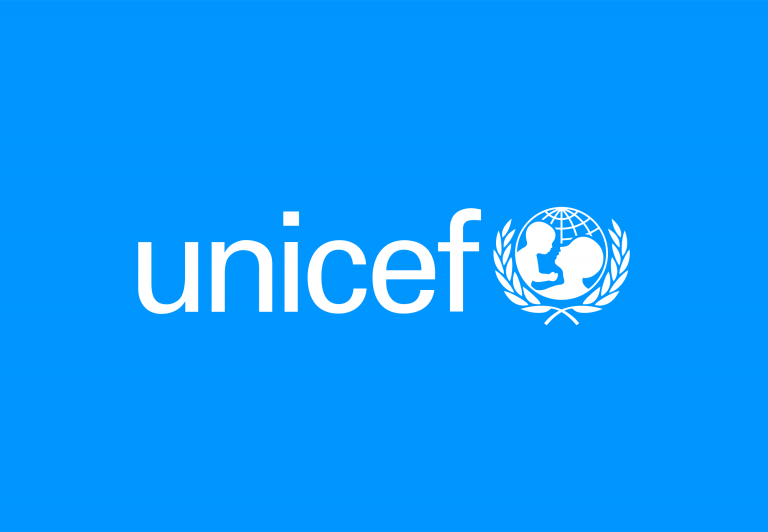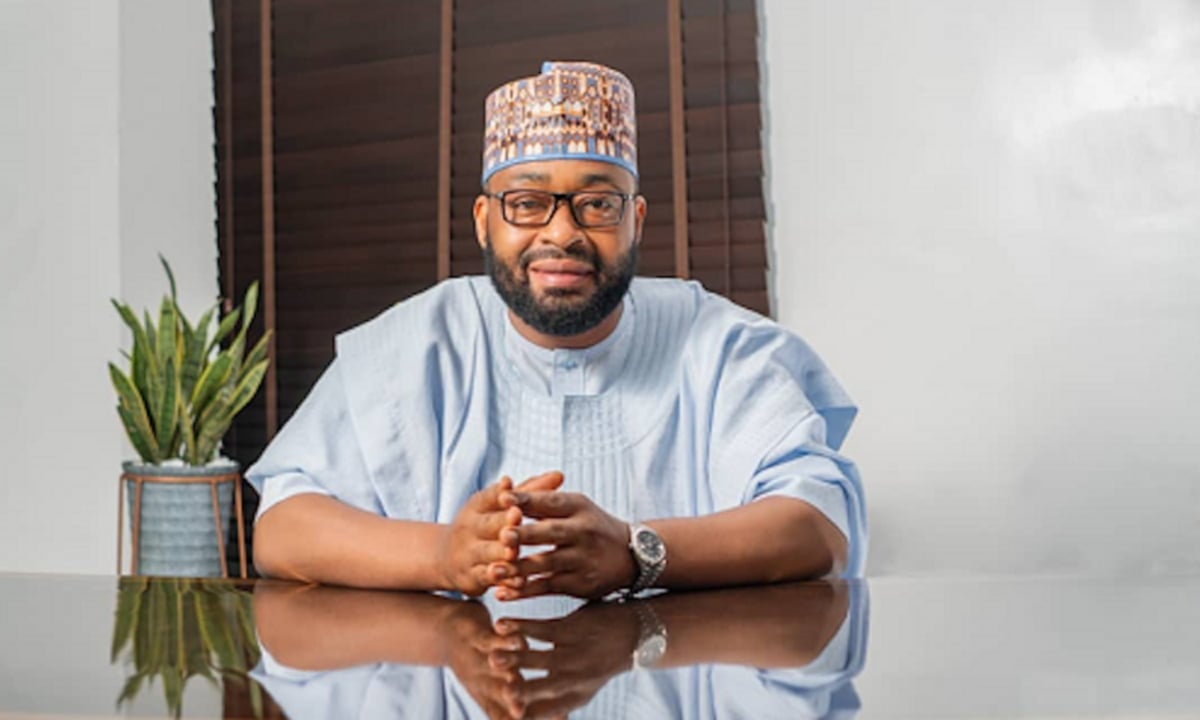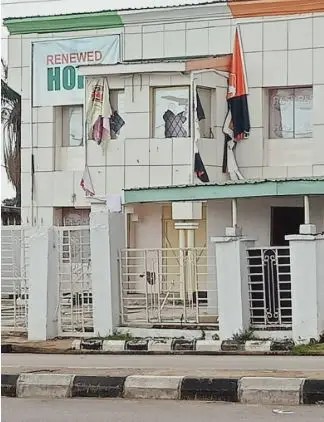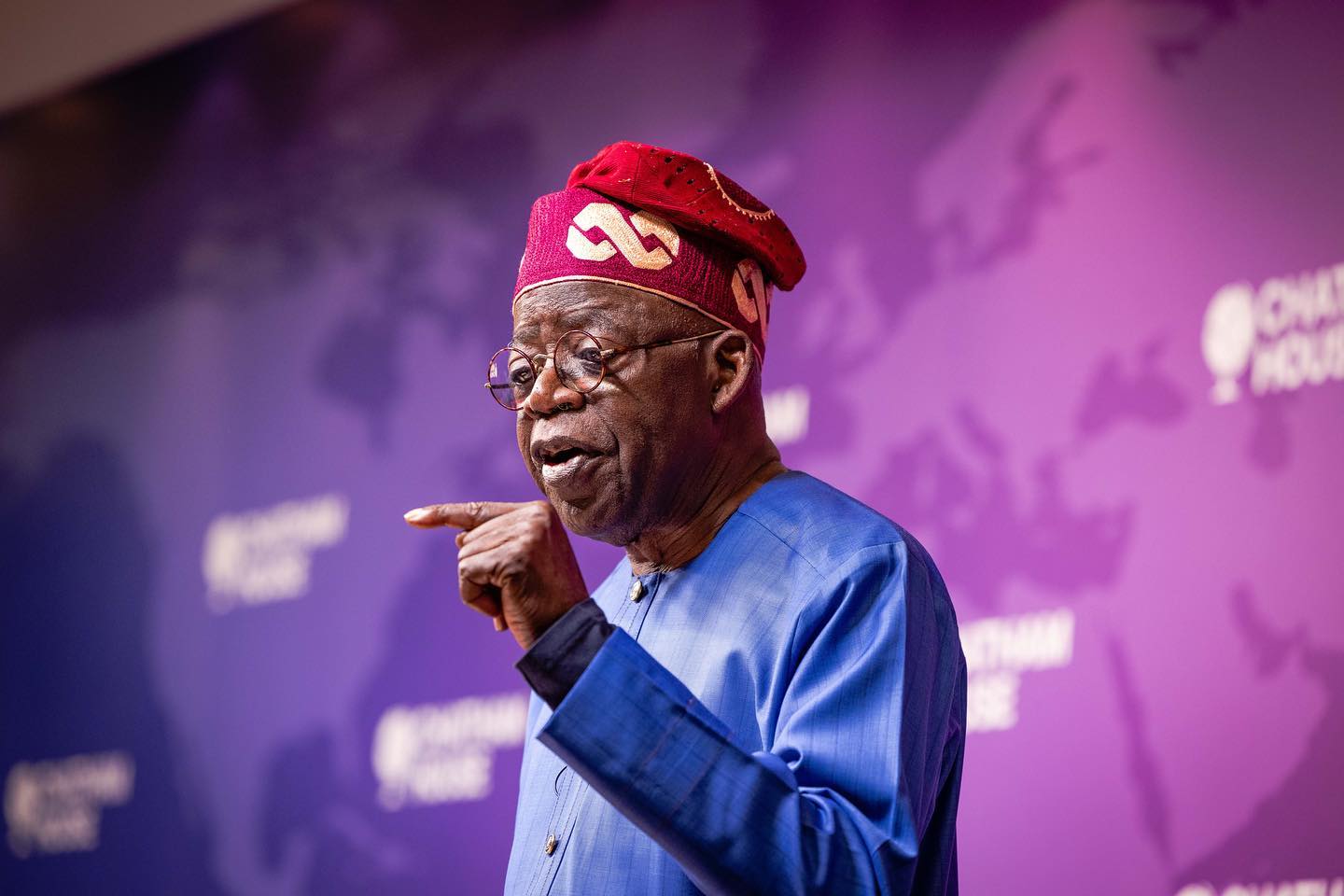The United Nations Children’s Fund (UNICEF) yesterday disclosed that Nigeria had the second largest number of child-brides in the world, noting that at least over 23 million girls had been married as children.
• Says three of five girls suffer violence before 18 ·• Gov’s wife claims she married at 16 as a stark illiterate
UNICEF, a leading advocate for children in the world, also revealed that three out of five children suffered one or more forms of violence before reaching 18 with over 70 percent experiencing multiple incidents of violence.
Corroborating UNICEF’s statistics on child marriage, Aishatu Mohammed, wife of Bauchi Governor, Bala Mohammed, also disclosed that she had formal education when she married her husband at the age of 16.
The UNICEF Chief of Field Office, Bauchi, Bhanu Pathak disclosed this at the 30th anniversary of the adoption of the Child Rights Convention held at Banquet Hall of the Government House, Bauchi yesterday.
He said since its adoption, the convention “has helped to transform the lives of children worldwide. It helps establish that children are not the property of adults, but people with rights of their own as well as inspired governments including the Nigerian government to change laws and policies to protect children and make more investments in children.”
Pathak said although the UN had set a goal that every human being on the planet “will have a legal identity by 2030, many children in Nigeria are yet to have their births registered.”
He said violent conflicts had affected some states in the North-east since 2009, which he said, was as a result of clashes between non-state armed groups (NSAGs) and the Nigerian military.
He said with the massive destruction of towns and villages and ongoing violent attacks by NSAGs, the region had experienced increased population displacement, loss of livelihood, food insecurity and increased mortality because of malnutrition, inadequate health services and poor sanitation especially in the most affected states of Adamawa, Borno and Yobe where children were at the receiving end of the atrocities.
Pathak lamented that too many Nigerian children and young people were being left behind especially in education adding that statistics have it that Nigeria has the world’s highest number of out-of-school children as more than 10.5 million Nigerian children are not in school.
Also at the anniversary, Mohammed stated this in Bauchi at the occasion of the “Naija Youth Talk”, organised by the Bauchi Field Office of the United Nations Children Fund (UNICEF)
“I was 16 years old and a stark illiterate when I married my husband.
“We were 100 girls in our family; none went to school; I only started school after my third child,” she said.
She decried the high rate of illiteracy and early marriage among young girls in the state, blaming the situation on parents who believed formal education for the girl-child was a mere waste of resources.
“We were 100 girls in my family, but none of us had formal education; I had never been to primary school in my parent’s house. This is because our parents never believed in educating the girl-child; I struggled to go school, but they refused.
“I picked the challenge to be educated from my brothers and after I had my third child, I insisted my husband gets me a home teacher. That’s how I started and I later went to secondary school. Today I am a graduate of Public Administration from the University of Abuja.”
Read Also: ‘Local Content Will Curb Production Cost In Oil Industry’
Mohammed emphasised the importance of educating not only the girl-child, but young people in the society, added that such move would curb crimes and social vices in the society. She called on relevant government agencies and organisations to ensure that parents and caregivers were adequately sensitised on the need to allow young boys and girls go to school.
“The crimes in society cannot stop until we give proper education to women and youths in the society. So, I call on relevant agencies to go into our communities and sensitise parents to allow their children, particularly the girl-child, to go school,” she advised.
She also admonished young people to go into meaningful ventures that would enable them become self reliant, rather than wait for white-collar jobs.
VANGUARD










